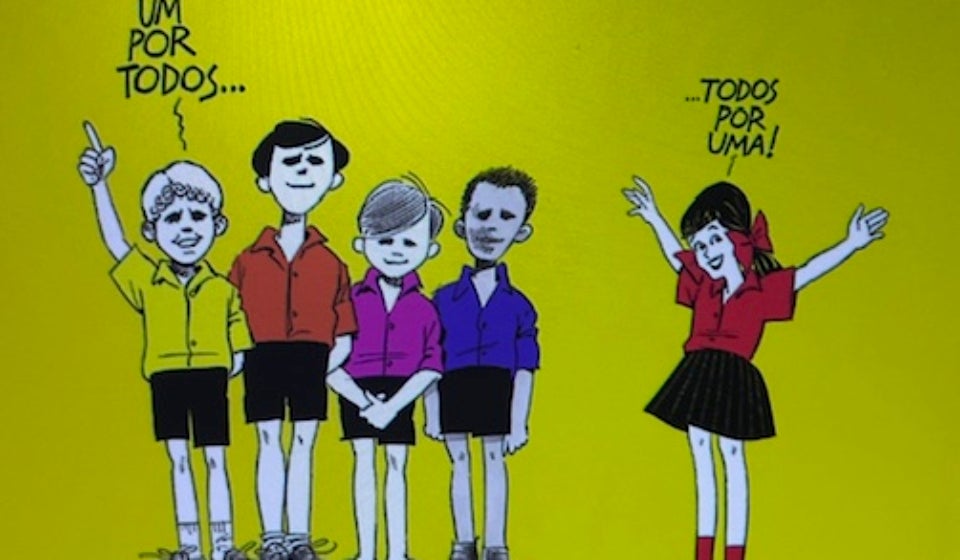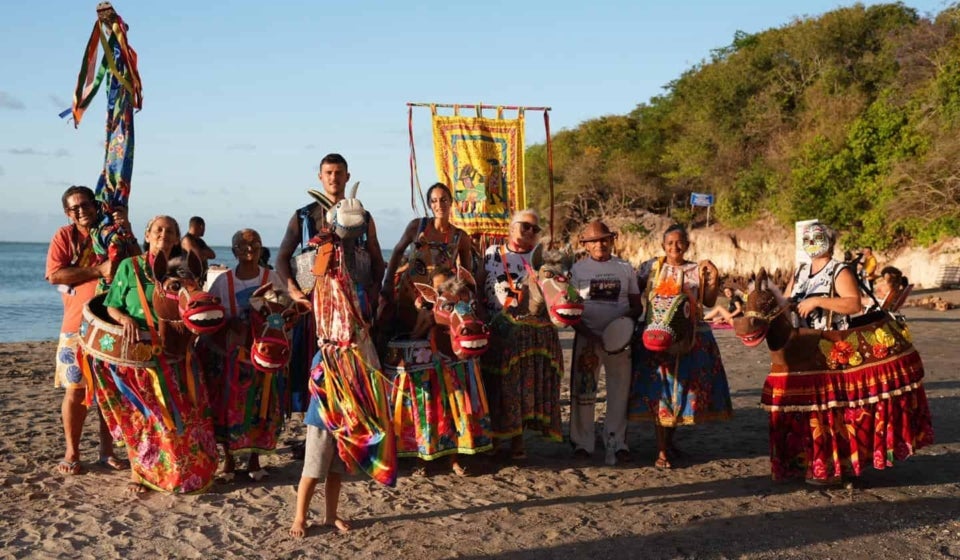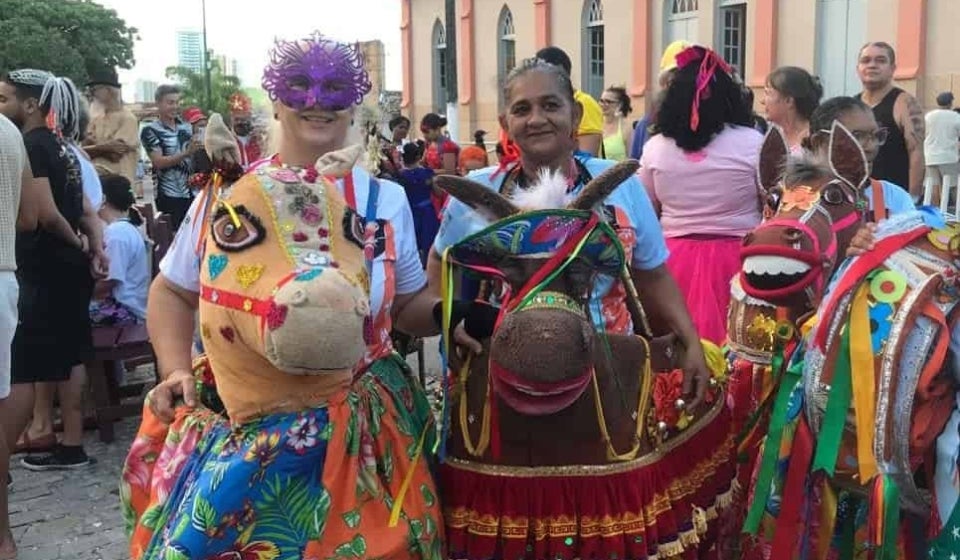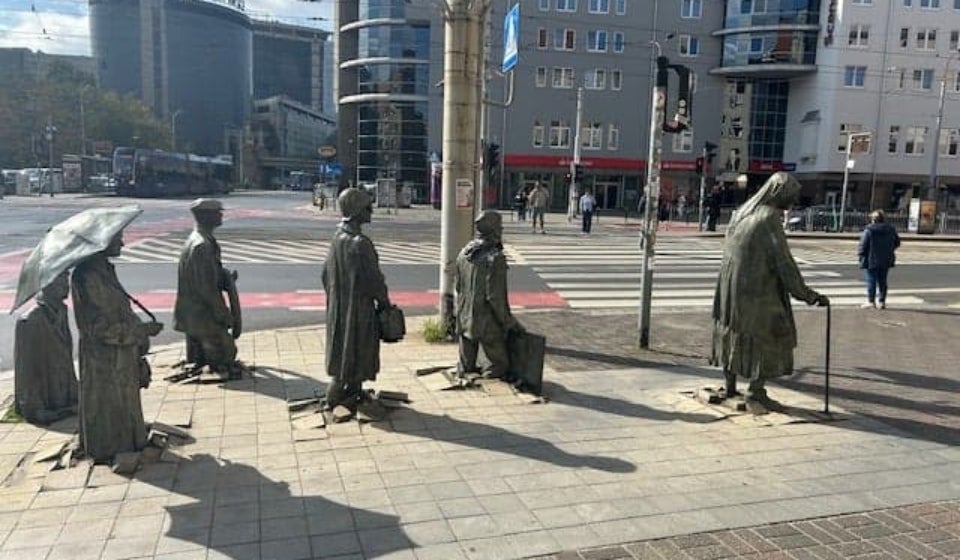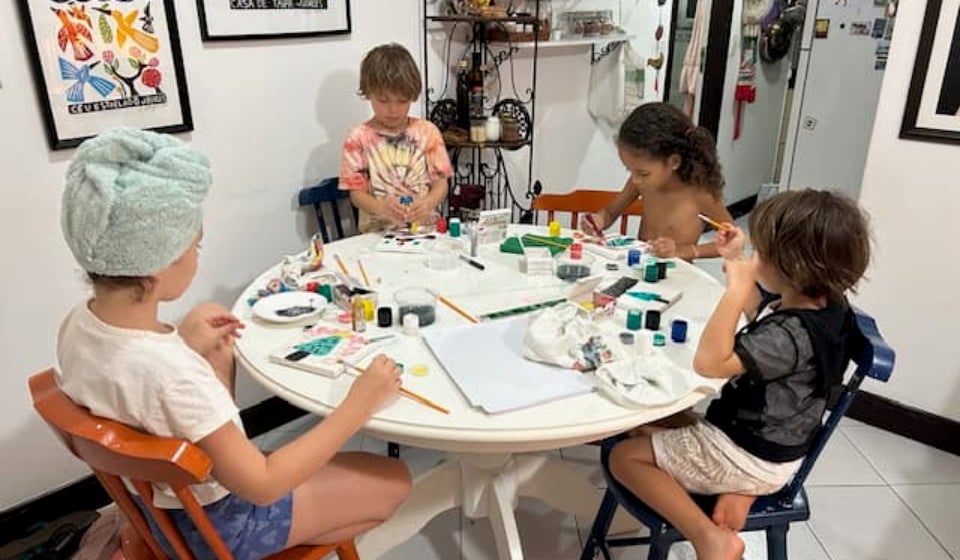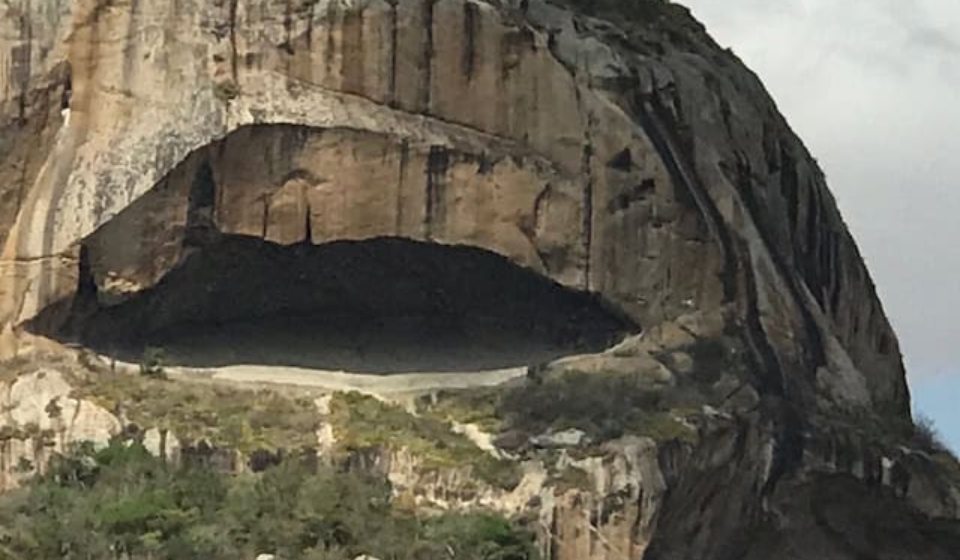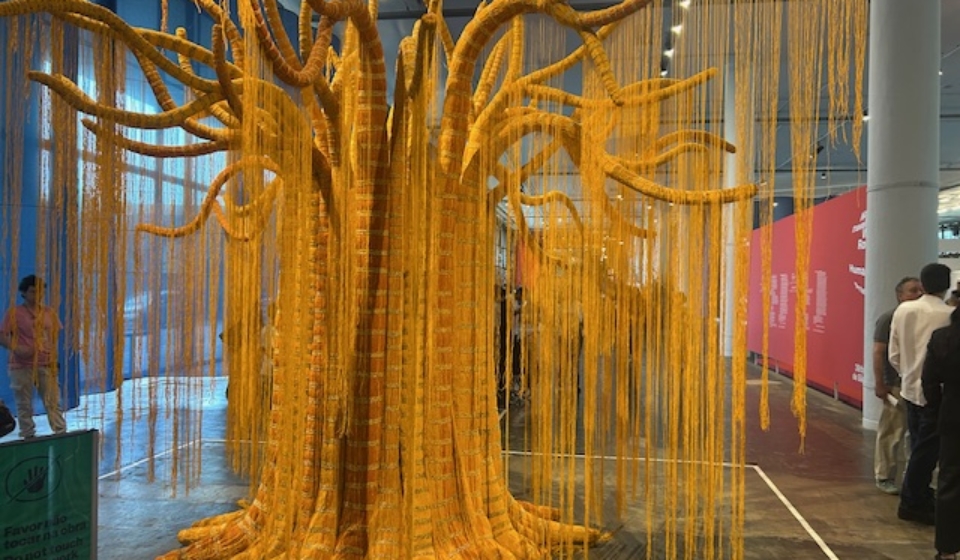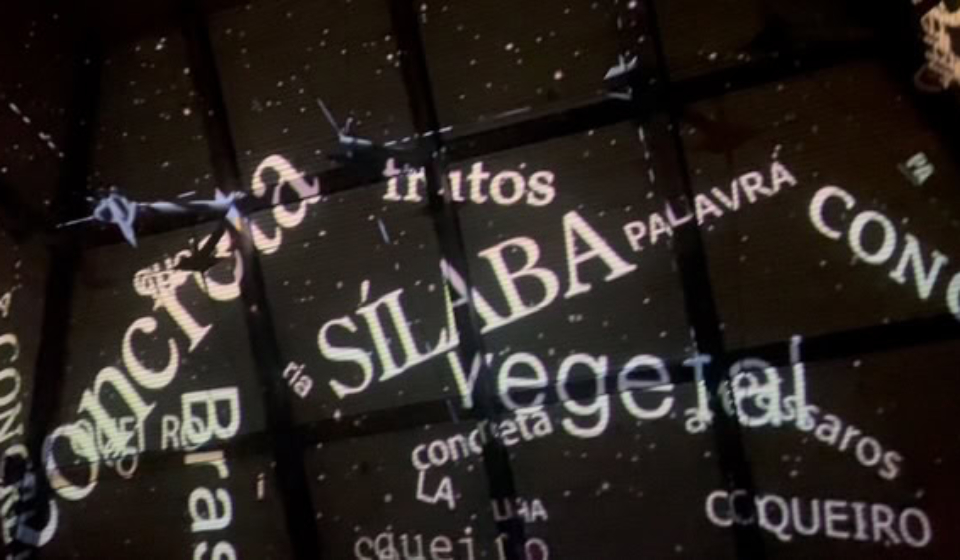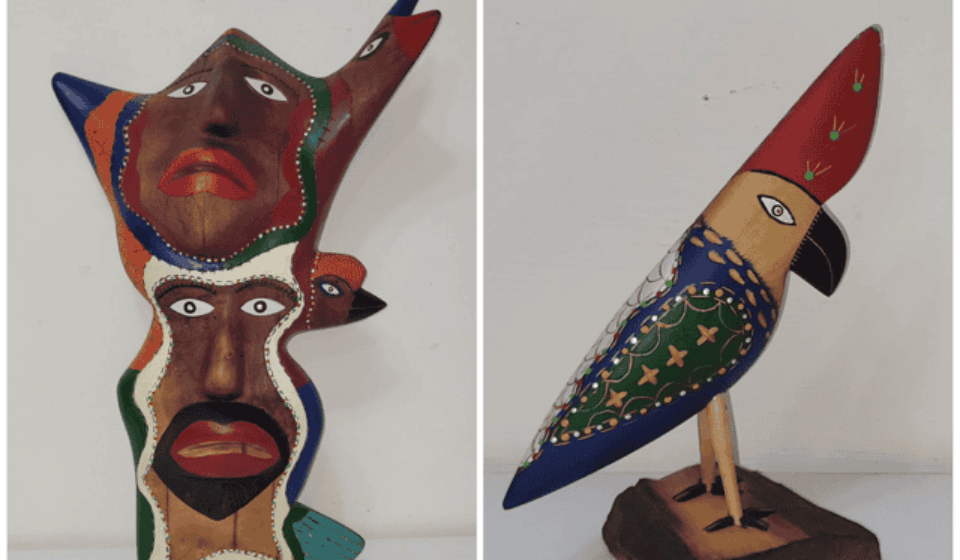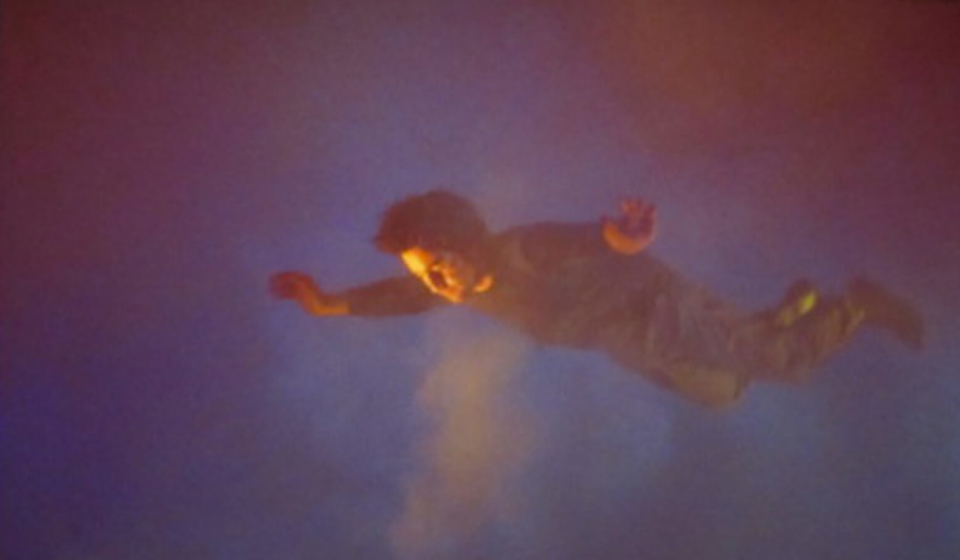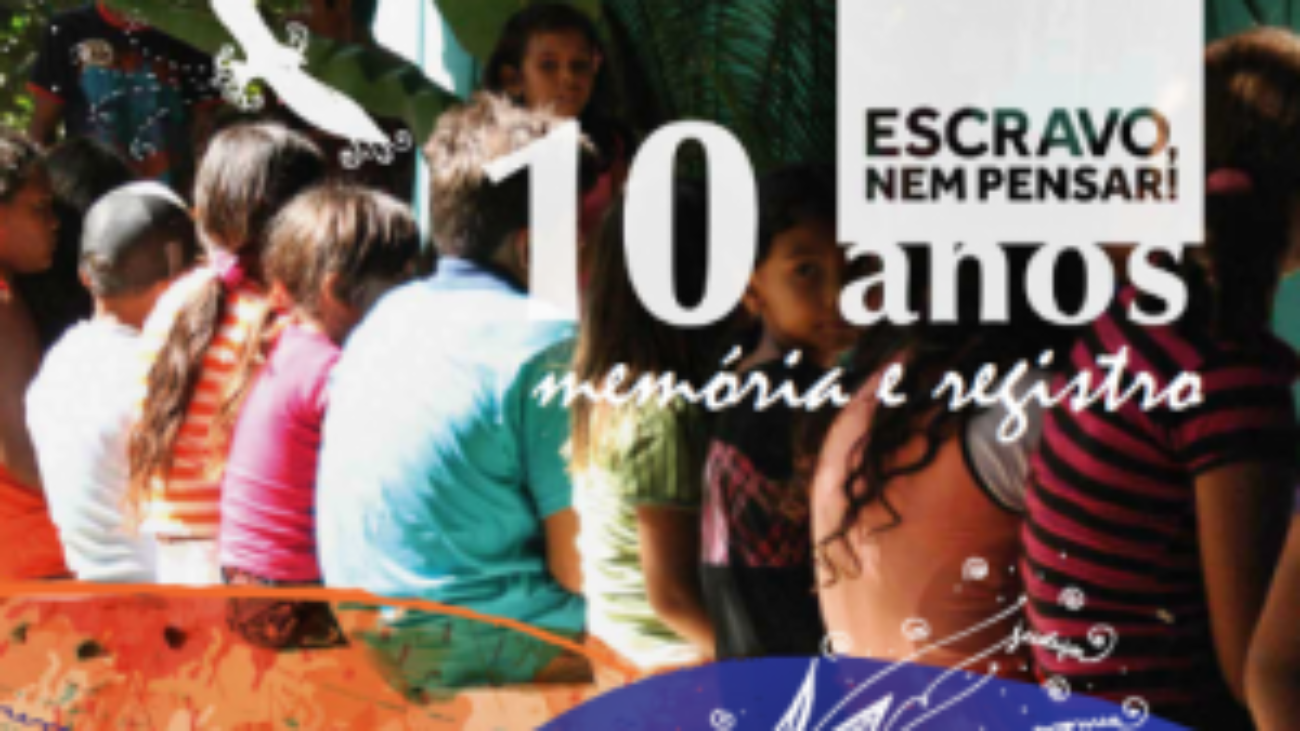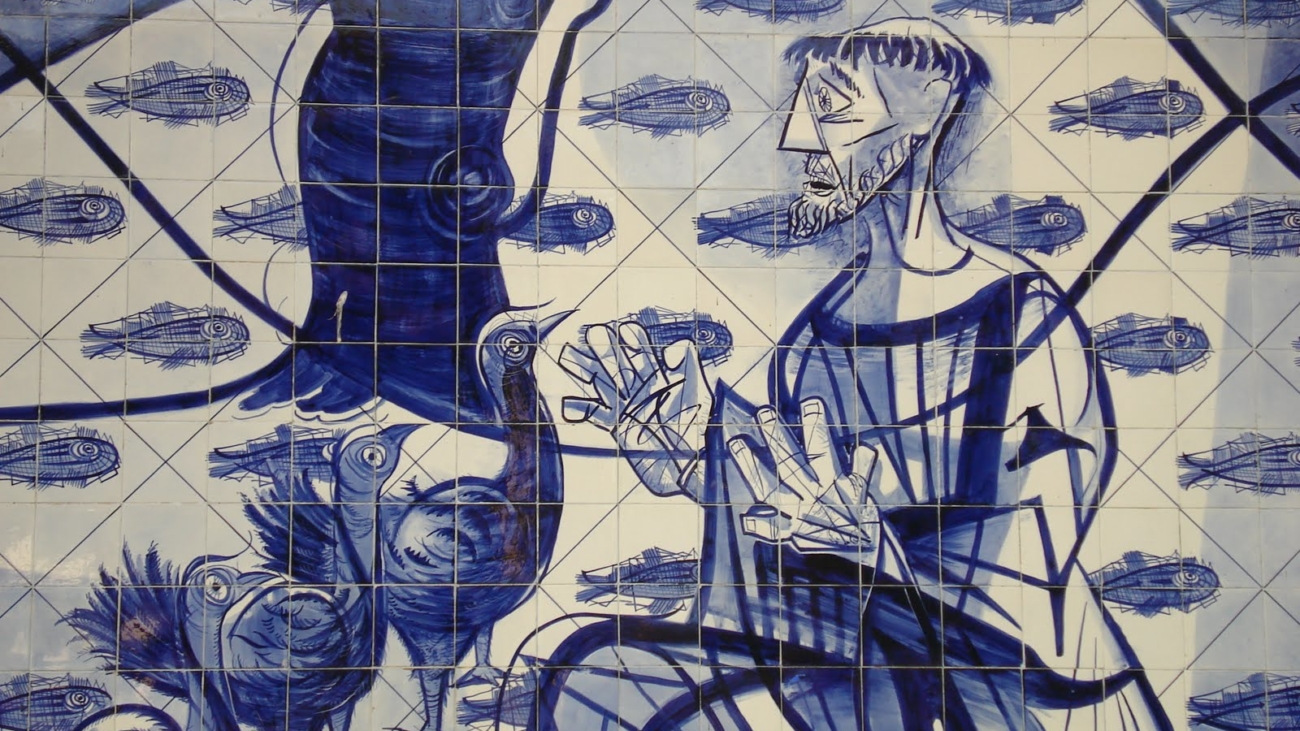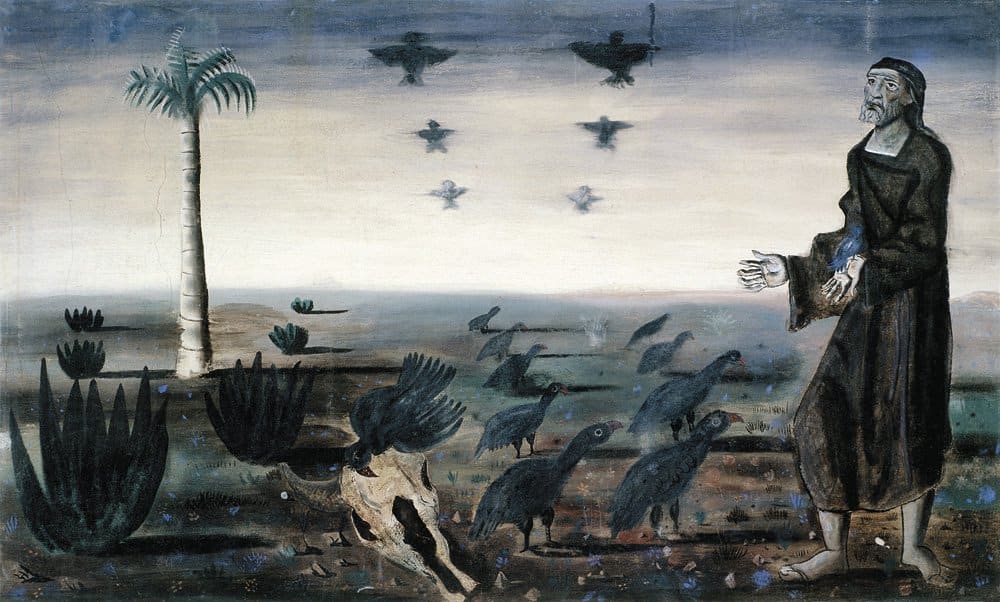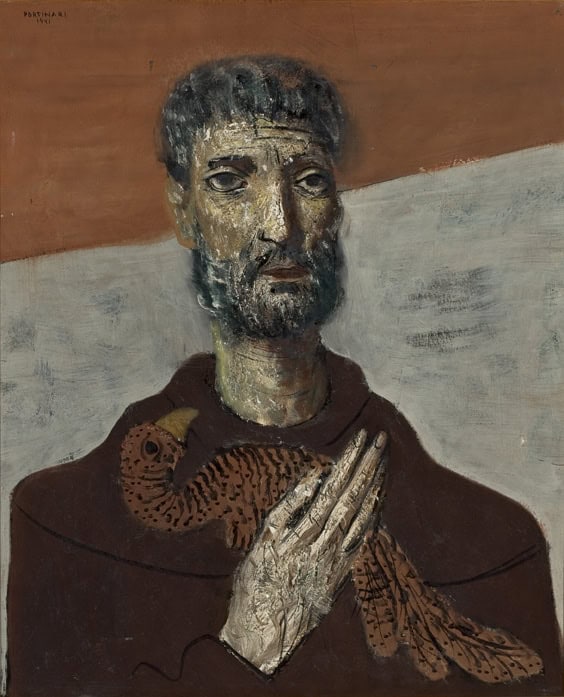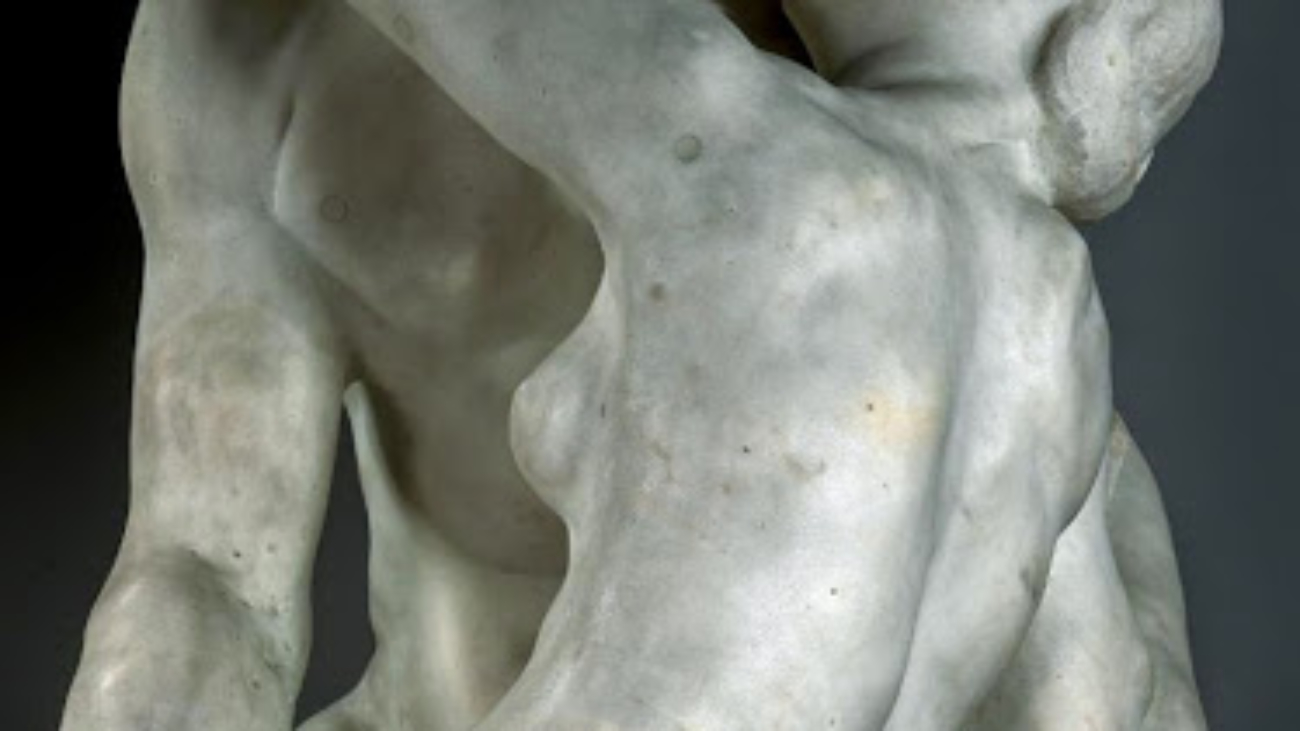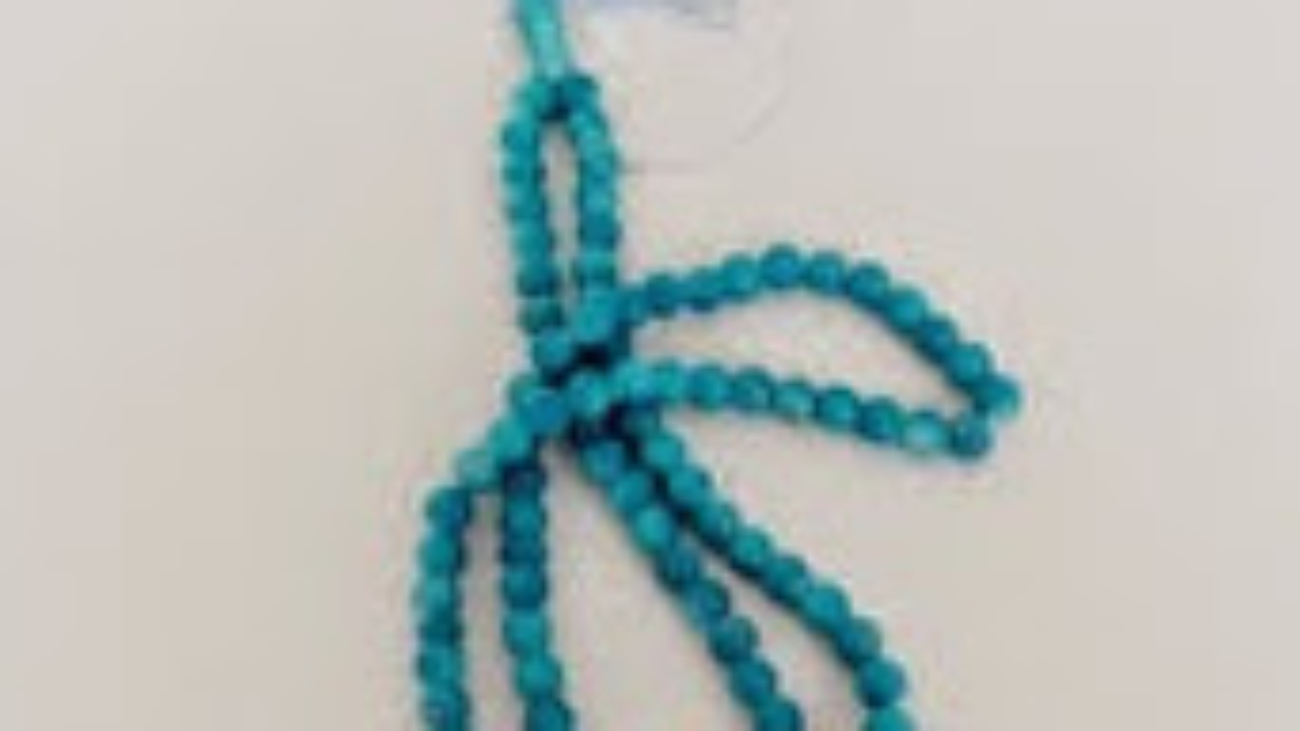“Schiavo mai! 10 anni di memoria e documentazione”è un libro che affronta il problema, presenta i risultati e soprattutto dimostra che molte persone lottano per una società più giusta in Brasile.
L’amore e l’ideale di Natalia Suzuki (organizzatora del libro), Marcela Weigert, illustratore e responsabile per la programmazione grafica, una designer “che ama difendere la disuguaglianza sociale con l`appoggio della creatività”, Carolina Motoki responsabile per i testi, Agnaldo Alves per la revizione, sono stati essenziali a pubblicazione diventare più creativa e attraente al pubblico. Con versione soltanto in portoghese.
Il libro, pubblicato 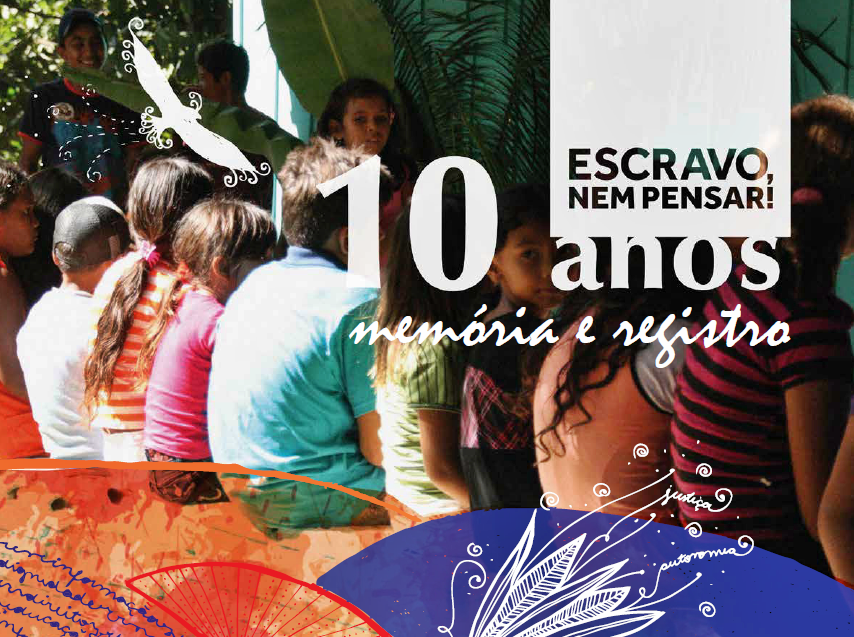 dall’ONG Reporter Brasil, che sviluppa il programma Escravo nem pensar! (Schiavo mai! ) è dedicato “a tutti quelli che sono stati sottoposti a grave esperienza del lavoro schiavo contemporanei: eroi “.
dall’ONG Reporter Brasil, che sviluppa il programma Escravo nem pensar! (Schiavo mai! ) è dedicato “a tutti quelli che sono stati sottoposti a grave esperienza del lavoro schiavo contemporanei: eroi “.
Reporter Brasile
Questo è un riconoscimento dell’ONG (organizzazione non governativa) e del gruppo coinvolto nel programma, sicuramente tanto straordinario nel suo lavoro come l’eroe onorato nel libro. L’èquipe ha collegato due importanti fronti, giornalismo del Reporter Brasile a causare più effetti, e anche le azioni educative per costruire risultati a medio e lungo termine.

“Queste due aree – istruzione e giornalismo – sono due metà complementari nelle azione e nelle sue motivazioni,” identifica Leonardo Sakamoto, presidente della ONG. “Sarà un lavoro con risultati a lungo termine e si può ritardare un po`, ma è così ed è fondamentale”, aggiunge Luiz Machado, coordinatore dell’OIT (Organizzazione Internazionale del Lavoro ) per il Brasile.
Il programma ha servito più di 10 anni in oltre 130 Comuni, con la partecipazione di circa 250 mille persone attraverso attività educative.
Lista Nera
Non è obiettivo in quest’articolo enumerare i risultati del programma Schiavo mai!. Senza dubbio, un’iniziativa importante in un Brasile che ancora non ha perso l’abitudine coloniale di schiavizzare l’altro. Anche per sapere di più è possibile scaricare il libro via Internet in portoghese o nella pagina dell`ONG.
Su Internet si può anche scoprire chi fa parte della lista nera, come aziende commerciali o agricole che sono stati multati per schiavizzare persone umili e senza informazione. Lo staff che svolge il programma ha fatto un bel lavoro per alleggerire un po’ il panorama nero di questo triste capitolo della storia brasiliana contemporanea.
Lavoro di trasformazione
Vale la pena notare, sì, gli sviluppatori dietro a questo lavoro di trasformazione: la Reporter Brasile, con professionisti competenti, impegnati in un ideale di cambiamento sociale. Anche le persone degne di nota come Oneide Maria Costa Lima, educatore São Geraldo do Araguaia (Pará), che ha trovato nel programma un modo di lavorare e anche un canale di diffusione da superare i marchi dell`inseguimento a causa della sua lotta per la terra.
José Ferreira de Lima, un lavoratore agricolo nel sud del Pará, che era schiavo contemporaneo e che è stato colpito quando ha tentato fuggire della condizione e con la ribellione ha perso un occhio a causa di un colpo.
Sguardo critico
Iniziative come il programma Escravo nem Pensar!(Schiavo mai) e tanti altri programmi sociali sviluppati da eroi sconosciuti fanno la differenza nel processo di evoluzione sociale. Il sentimento di solidarietà è l’elemento numero uno per qualsiasi ideologia andare avanti, la seconda su questa scala di valori, è la carità. Una parola che dovrebbe essere considerata nel suo significato proprio di aiutare il prossimo, quella di offrire qualcosa di nuovo, non quello che si gioca fuori e sí, qualcosa che possa dare a un amico o a famigli e sopratutto, dare opportunità a chi riceve, di sentirsi gente e vedersi in un altro modo. Caritatem è la parola latina che significa “amore al prossimo”.

